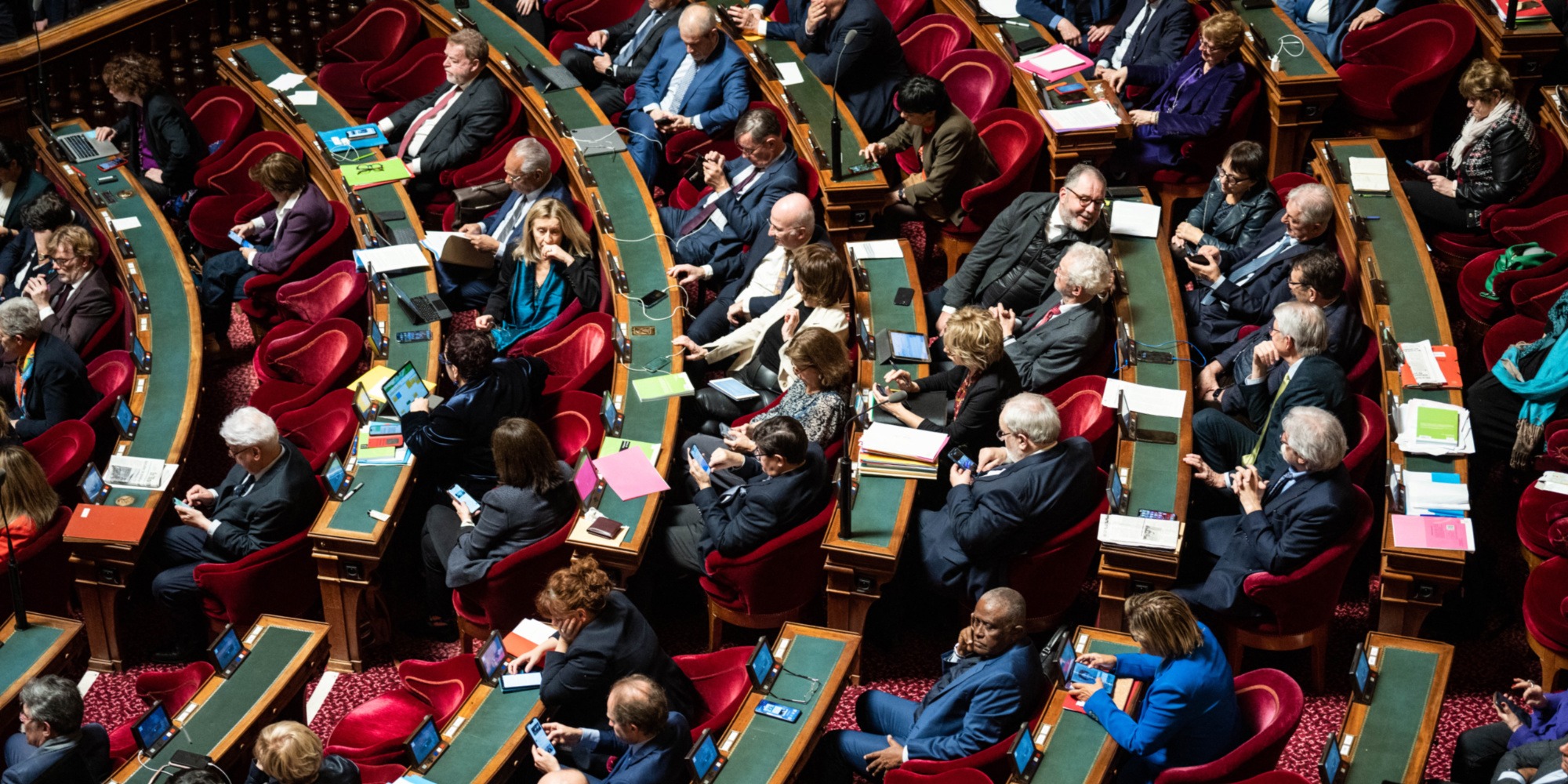The emblematic measure of the immigration bill, that concerning undocumented workers in professions in shortage, was replaced on the night of Wednesday to Thursday by a largely toughened article in the Senate, hostile to the creation of an automatic right to regularization.
A worker will be able to claim regularization on an “exceptional basis”
In the government’s initial text, article 3 – deleted on Wednesday evening – proposed granting a renewable one-year residence permit to people who work in “strained professions” and have three years of presence in France as well as only eight pay slips. It was supplanted by a new article proposed by the senatorial majority of the right and the center, “acceptable” for the Minister of the Interior Gérald Darmanin and adopted during the night from Wednesday to Thursday.
It is only on an “exceptional basis”, and no longer automatically as planned by the government, that a worker will be able to claim regularization provided they have worked for at least twelve months over the last two years in “professions and geographical areas characterized by recruitment difficulties”, according to the terms of this article 4 bis.
The applicant must also provide proof of at least three years of uninterrupted residence in France to be issued a one-year “temporary worker” or “employee” residence permit.
A procedure which would fall “within the sole power of the prefect”
A “strictly supervised procedure” which would fall “within the sole discretionary power of the prefect and would therefore not create an enforceable right to regularization” for undocumented immigrants, welcome the authors of the article.
The issuance of the residence permit “would also be conditional on an examination by the administration of the reality and nature of the foreigner’s professional activities, their social and family integration, their respect for public order, of its integration into French society, its lifestyles and its values, as well as its respect for the principles of the Republic”, we can read.
Breaking down the employer’s “lock”
This article retains, on the other hand, the central characteristic of the government proposal: that allowing workers in an irregular situation to submit a request for regularization themselves, without obtaining the approval of their employer, who does not always have an interest in doing so.
“The important thing is the spirit of compromise that the government wants to have the essential of what it is asking for: a measure for the regularization of people who have worked in our country for a very long time and whose bosses (refuse to ) regularize them,” declared Gérald Darmanin on Wednesday evening.
The latter reiterated in substance what he had said at the opening of the debates in the Senate on Monday: breaking the employer’s “lock” will allow these people to escape the “yoke” of certain “rogue” or “unscrupulous” bosses. “.
Today, to be regularized under the “Valls” circular of 2012 (6,000 to 10,000 regularizations through work each year), an employee must present a promise of employment signed by their employer: a “middle-age” procedure , again denounced Mr. Darmanin.
If article 4 bis comes into force after the passage of the text in the National Assembly from December 11, it “will create a new circular”, which will “be added to (the circular) Valls”, judged Mr. Darmanin on Wednesday before the senators. “The employer no longer has to validate the employee’s request for regularization, it is up to the employee to provide proof of their work,” summarized the president of the centrist group in the Senate, Hervé Marseille.
